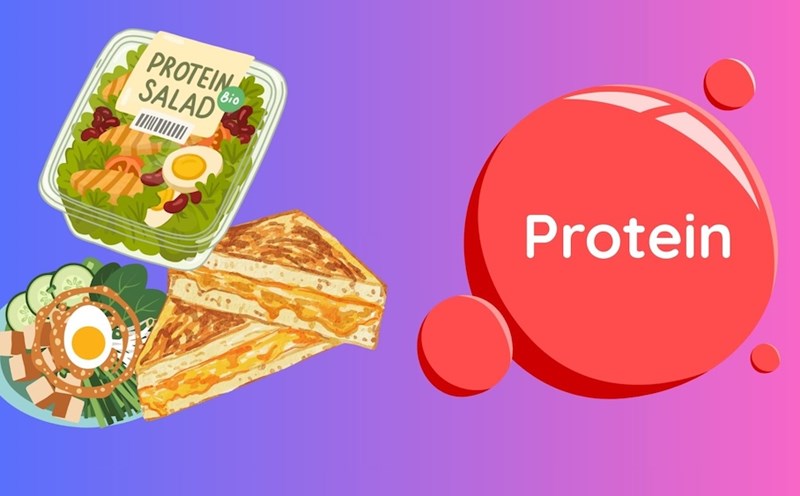Pumpkin, a fiber-rich food that helps stabilize blood sugar
Pumpkin is classified as a healthy starch with low carbohydrate content and rich in fiber. This ingredient helps slow down the absorption of sugar, limiting the sudden increase in glucose in the blood.
Kaitlin Hippley, MEd, RDN, LD, CDCES, nutritionist in Cleveland, Ohio, said: H half a cup of canned pumpkin contains only about 10g of carbohydrates and 3 - 4g of fiber. With a low glycemic index, pumpkin has a minimal impact on blood sugar levels when eaten in reasonable portions".
Nutritionist Dawn Menning, RDN, CDCES at Nutu also confirmed that pumpkin fiber plays a role as a "natural barrier" to help the body digest more slowly, thereby preventing strong fluctuations in blood sugar. She suggests combining pumpkin with protein or good fats, such as blending pumpkin smoothie with Greek yogurt or cooking curry with coconut milk, to increase stability.
Long-term benefits and notes when using pumpkin
In addition to the immediate effect, eating pumpkin regularly also supports long-term metabolic health. Studies show that fiber-rich foods such as pumpkin help increase insulin sensitivity, reducing the risk of insulin resistance, a major factor leading to type 2 diabetes. At the same time, the antioxidant beta carotene in pumpkin helps reduce inflammation and fight oxidative stress, thereby improving blood sugar control.
However, experts note that not all pumpkin dishes are beneficial. Menning emphasized: "Pumpkin cakes, pumpkin coffee latex or pumpkin bread often contain refined sugar and white flour, causing blood sugar to spike and drop rapidly, causing long-term control difficulties".
To take advantage of the benefits, Hippley recommends prioritizing pure, roasted or cooked pumpkin. If you like making cakes, you can replace whole wheat flour, reduce added sugar and add flaxseeds or chia seeds to increase fiber.
Eat pumpkin properly to control blood sugar
Pumpkin is an easy-to-process autumn food that can be used in both salty and sweet dishes. When combining pumpkin with a balanced diet rich in green vegetables, lean proteins and whole grains, the body will maintain stable blood sugar, reducing the risk of metabolic complications.
Dawn Menning affirmed: "Pumpkin alone cannot solve the problem of blood sugar, but when it is part of a scientific diet, it will contribute significantly to long-term health".











